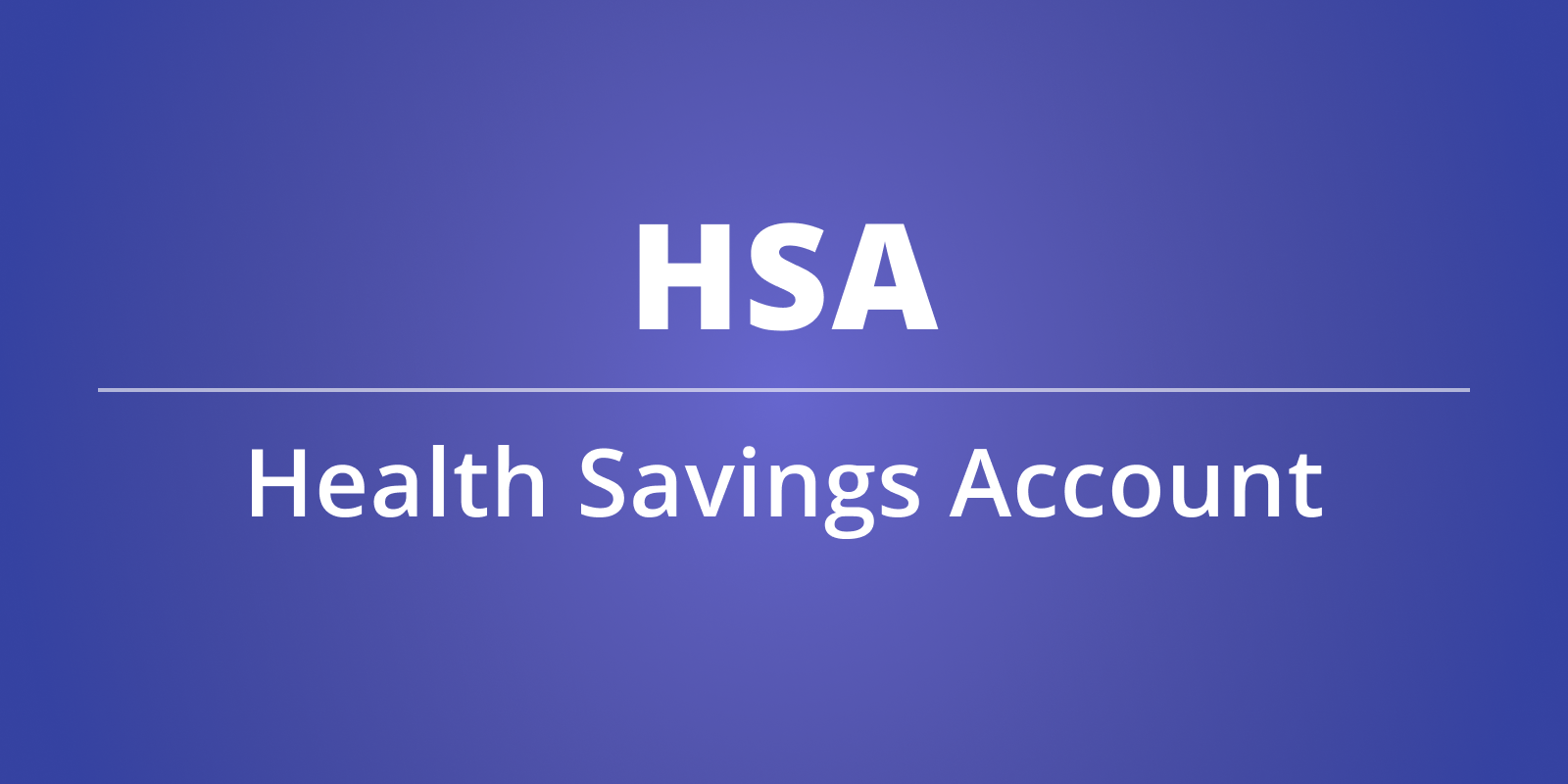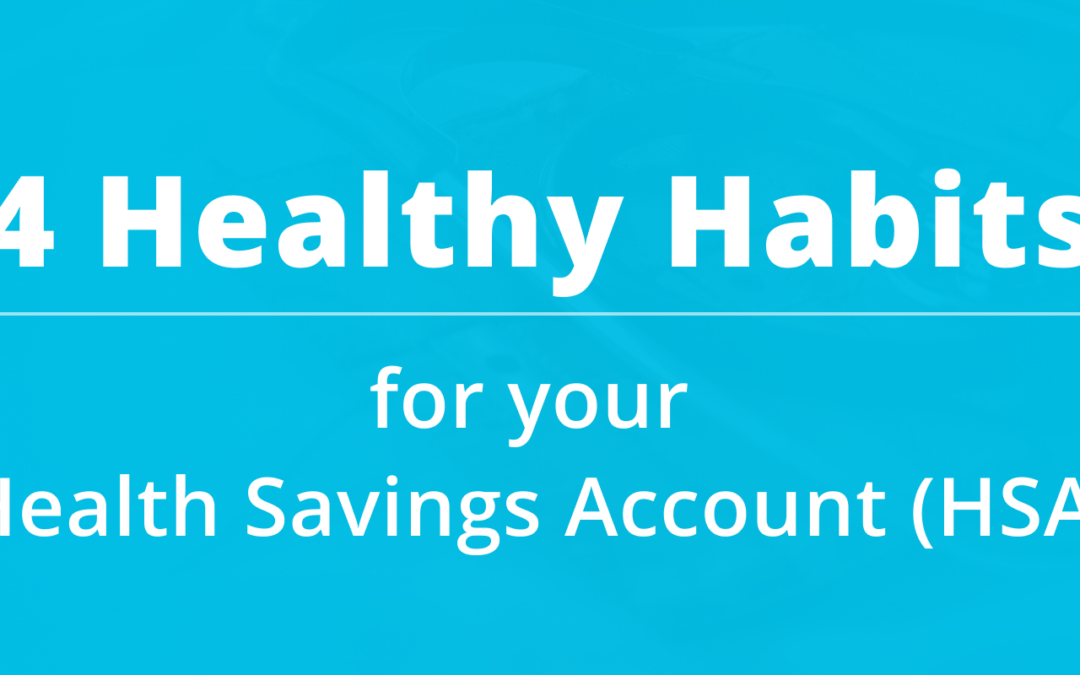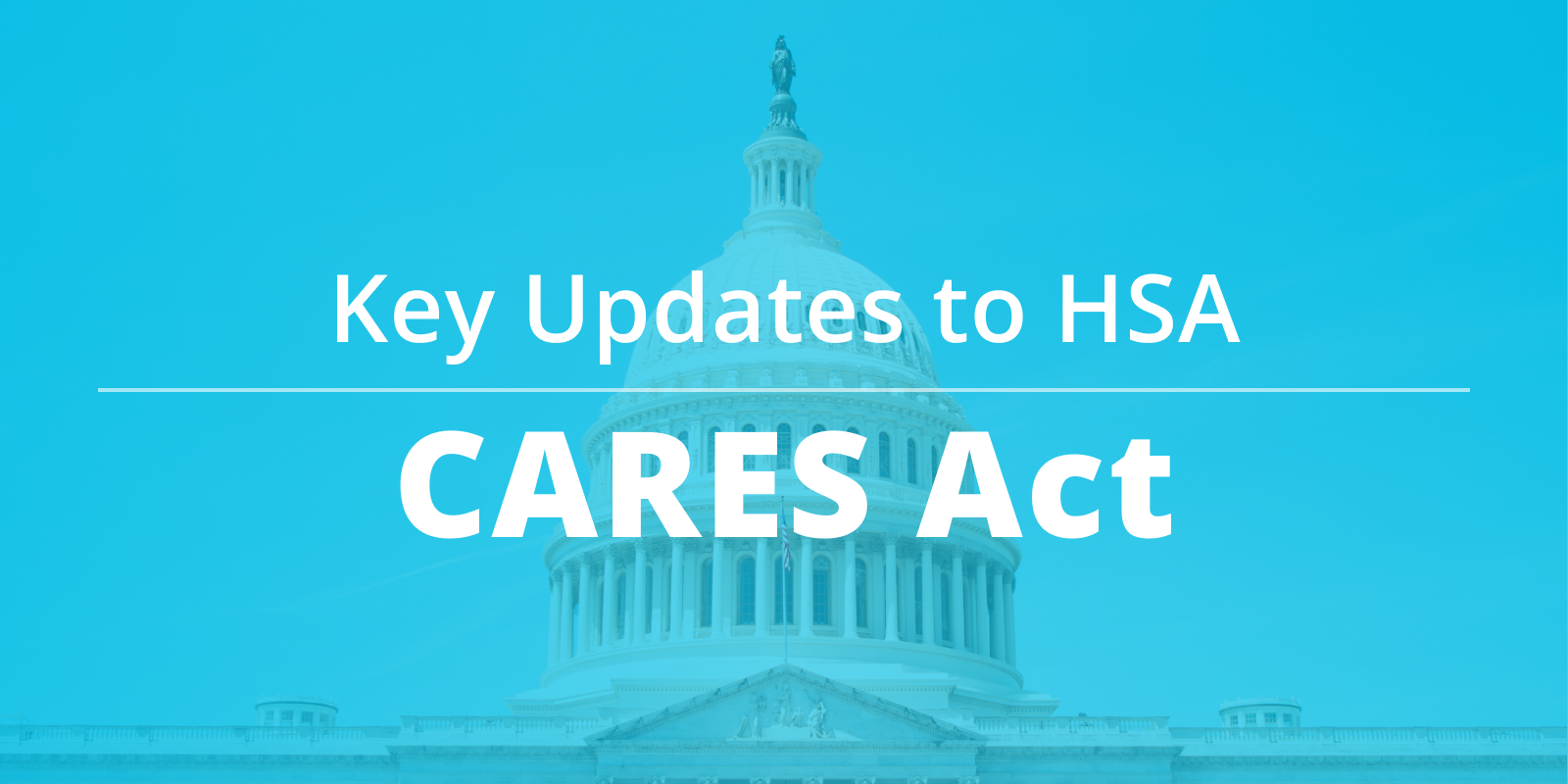A Health Savings Account, or HSA, is a tax-advantaged savings account. An HSA account holder can use it to pay for out-of-pocket qualified medical expenses for themselves and their dependents. Using untaxed dollars in an HSA to pay for copayments, deductibles, etc. can reduce the overall healthcare expense.
How do you qualify for an HSA?
HSAs are typically offered by employers offering High-Deductible Health Plans (HDHPs). The IRS publishes guidelines for the HDHPs every year. These include stating the maximum amount a plan holder can spend out of pocket and the minimum deductible they must have.
However, one can open an HSA on their own, as long as they have a qualifying health plan.
What are the advantages of an HSA?
These accounts have numerous advantages although far less known. Not only is it a great way to save for medical expenses while employed, but it can also be an effective savings account for retirement.
Triple Tax Advantage
A primary benefit of HSAs is the three-fold tax advantage.
• Contributions are pre-tax (if through an employer) or tax-deductible (if self-initiated)
• Growth in the HSA account is non-taxable
• Withdrawals for eligible expenses are non-taxable
Reduced Taxable Income
Pre-tax HSA dollar contributions reduce gross income, which can lead to a lowered tax burden. Funds Do Not Expire: HSA plans are not limited to any timeline. Unlike an FSA, which follows a calendar time frame, funds in an HSA do not expire.
HSAs have numerous advantages although far less known. Not only is it a great way to save for medical expenses while employed, but it can also be effective savings account for retirement.
Related Information
• Read IRS Publication 969 for details on HSAs
• Read IRS Publication 502 for qualifying Medical and Dental expenses








